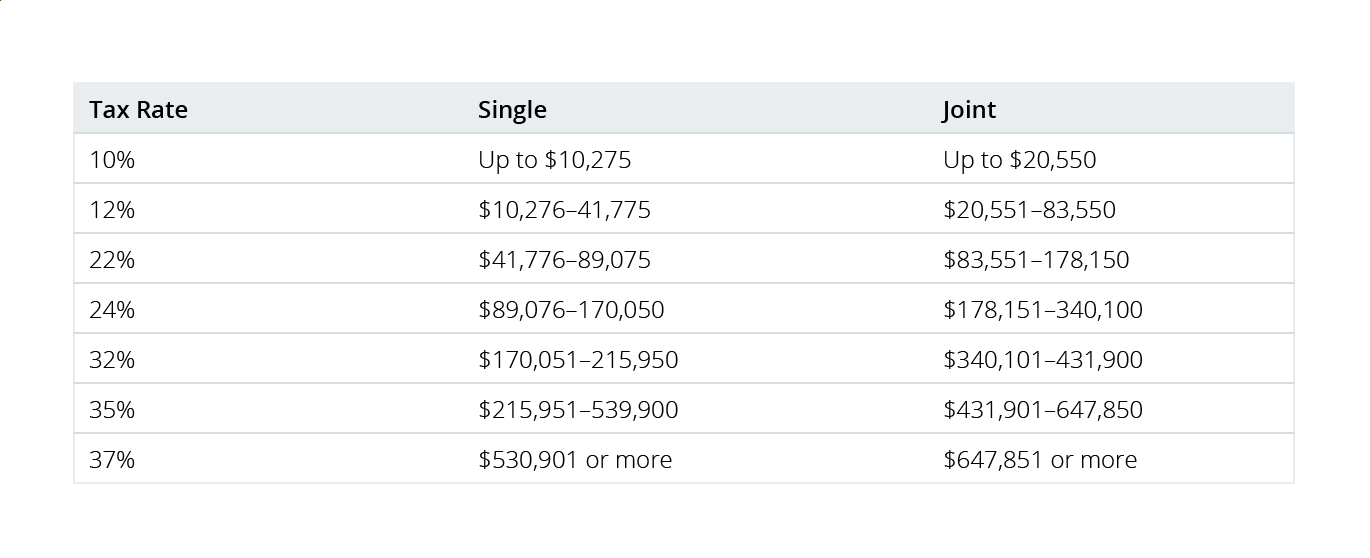Amazing guacamole comes from knowhow. As any amateur dip maker can tell you, the key to great guacamole is great avocados. Picking the right avocados from the market is an art as much as a science. When it comes to your stock options understanding when your options will ripen forms the foundation for success down the line.
ISOs vs. NSOs
There are two main types of stock options: incentive stock options (ISOs) and non-qualified stock options (NSOs). Often, ISOs are offered mainly to top management and key employees, while NSOs are commonly available to all employees of a company as well as others such as contractors, vendors, and consultants.
Employees typically choose to exercise ISOs at a price below the fair market value of the company’s shares, and the discount they receive on these shares (the “bargain element”) is eligible for favorable tax treatment. NSOs, on the other hand, are considered wages, and the longer an employee waits, the more wages they get taxed on. However, by strategically ripening NSOs, you can limit the amount of tax liability those shares incur.
Understanding Ripeness
There are two elements to get the best guacamole avocados: there is the best time “pick” (buy) and “slice” (sell). But when to pick and slice depends on the type of avocado. Similarly, the type of stock option also makes a big difference when it comes to stock options strategy.
NSOs
The tricky part about NSOs is that the difference between the strike price and the fair market value is included in wages; that means the more growth, the more is subject to a higher rate of taxation. Exercising an NSO while the difference is low means that less is included in wages, and so long as an employee has waited a minimum of one year, the growth from exercise date will be subject to long-term capital gains tax. The difference between wages and long-term capital gains can make a substantial difference in the amount of tax you owe. For example, in 2021, individuals with income between $40,401–445,850 and joint filers reporting $80,801–501,600 in income are taxed 15% on long-term capital gains but, according to federal income tax brackets, can be subject to 22–37% tax on wages.
2022 Long-Term Capital Gains Rates

2022 Federal Income Tax Brackets

ISOs
Holders of ISOs have two elements of ripeness to keep in mind:
- ISOs are subject to the one-year holding period following exercise to obtain long-term capital gains treatment for sale proceeds. Any difference in fair market value at the time of grant and the sale price would be taxed at long-term rates if shares were held at least a year after exercise or short-term rates if held for less than a year.
- Additionally, ISO shares must be held for at least two years after the option grant date to retain the favored tax status for the bargain element. If they’re sold before that time, this is a disqualifying disposition, which results in the bargain element being taxed at ordinary income rates just as an NSO exercise would be.
To get the most guacamole, it’s critical to tend to both timelines.
Early Exercise & 83(b) Election
If your company allows employees to exercise their stock options early (before vesting), this can provide a couple of different benefits, depending on the type of options you have.
- By exercising early, you start the clock on the one-year waiting period for long-term capital gains treatment of the sale proceeds, allowing you to keep more of your NSO guacamole.
- The fair market value of shares tends to be considerably lower prior to IPO. As a result, early exercised options may have a much lower bargain element to report to the IRS.
It’s important to note it isn’t enough just to early exercise. You must file an 83(b) election within 30 days of exercising stock options. Early exercise and 83(b) election don’t always result in tax savings or greater overall returns, however, so be sure to speak with a fiduciary investment advisor who is well versed in the tax consequences of stock options before making your decision.
When your company is headed for IPO, the financial decisions you make can have enormous influence over your financial future. WRP specializes in helping employees and executives in pre-IPO companies navigate this complex process. To learn more about how to make more guacamole from your company shares, browse our blog or our free resource library.

